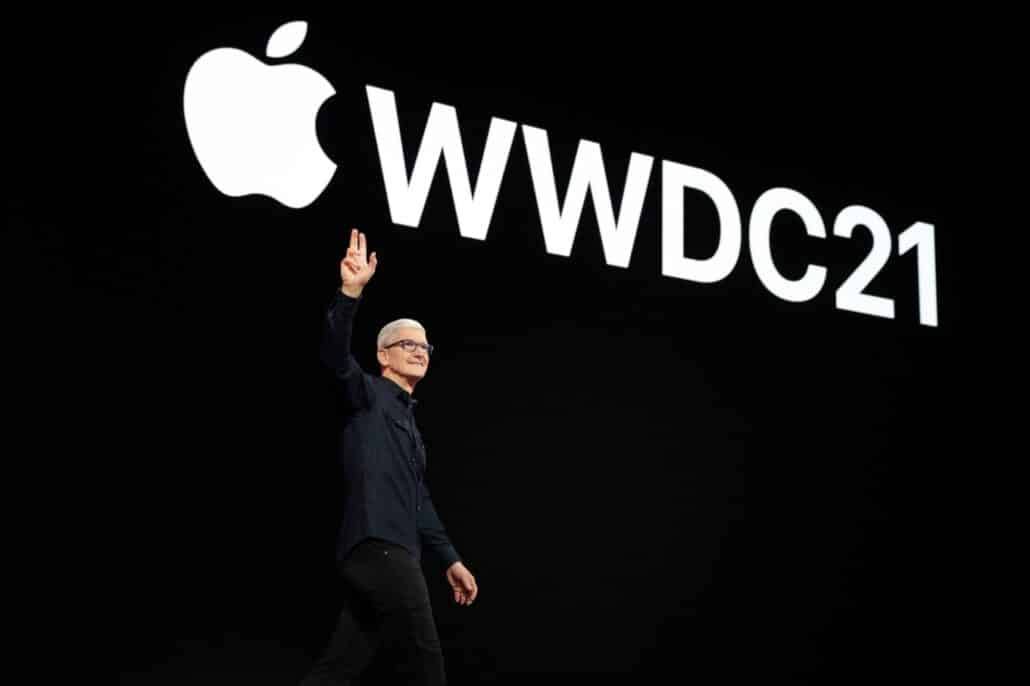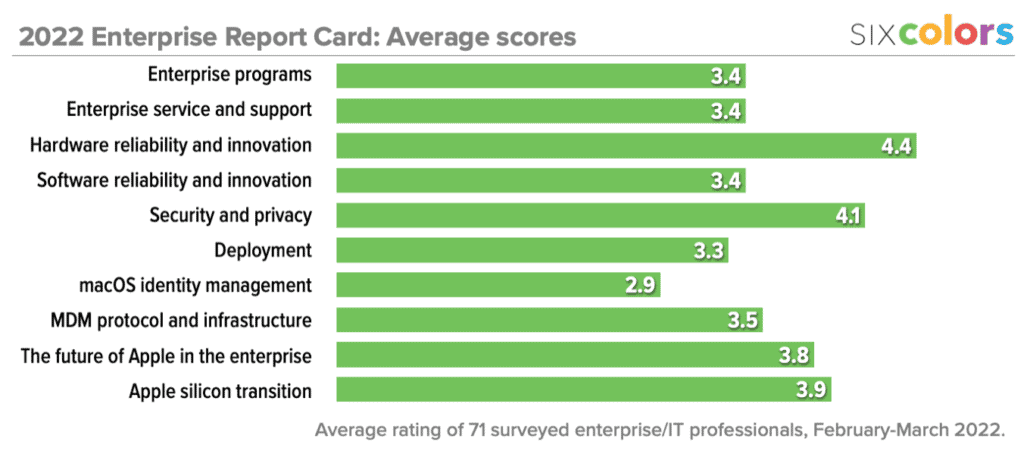
Under the Gavel: Antitrust concerns are here, there, everywhere

Many years ago, when I first started writing about Apple on the MacUser blog, one of my first recurring features was a series I called “Under the Gavel”, in which I rounded up legal challenges to Apple.
Those challenges haven’t abated over the last several years—if anything, they’ve intensified. In fact, just in the last day or two, there have been several new places where Apple has found itself on the receiving ends of government investigations or legal actions. So, if you’ll allow me to indulge in a bit of a trip down nostalgia lane, I’m briefly dusting off the old gavel to break down these latest developments.
Can’t tap, won’t tap
Reuters reports that the European Union is preparing to bring antitrust charges against Apple over the locking down of the Near-Field Communications (NFC) chip in the iPhone. That’s the wireless radio that powers things like Apple Pay—which is precisely what’s dragged the company into the EU’s crosshairs.
At issue is the fact that while Apple uses the iPhone and Apple Watch’s NFC chips for Apple Pay, it doesn’t allow third-party developers to take advantage of the hardware for the same purpose. Therefore, companies like Square or Venmo can’t leverage the technology for tap-to-pay features in their own apps without using Apple Pay—of which Apple, of course, gets a cut.
These charges stem from an investigation that started last year into Apple Pay more broadly, and will likely not be issued until next year. One possible consequence could be a fine of up to 10 percent of Apple’s global revenue, which, while it wouldn’t sink the company, would still be painful.
Going Dutch
Also on the topic of payment, the Netherlands has taken aim at Apple’s in-app payment system, perhaps the company’s most popular punching bag at the moment. A story in Reuters says that Dutch antitrust regulators are accusing Apple of abusing its market power by forcing app developers to use its in-app payment system. The official decision is expected to become public later this year, but it seems as though rather than fining the company, the Dutch regulator is expected to insist on changes of the system.
This comes just two months after South Korea passed a law that would target payment systems in app marketplaces, and a month after a decision in the U.S. courts over anti-steering provisions, the ultimate effect of which remains to be seen.
It’s unlikely that the Netherlands will be the last country to take umbrage at Apple’s business practices, raising the question of whether the company intends to make country-by-country exceptions to its App Store, or get ahead of the matter with more sweeping, global policy changes.
(Too) Big in Japan
Having settled one antitrust matter with the Japan Fair Trade Commission (JFTC)—which led to a global policy change about “reader” apps—Apple may have thought itself out of the spotlight in that country. But now the JFTC has launched a new investigation, this time into Apple’s dominance of the OS market, according to Nikkei Asia.
Apple reportedly controls almost 70 percent of the mobile operating system market in Japan, with Android making up the other 30 percent. The JFTC will thus be investigating how that market dominance comes into play, and whether or not Apple and Google are using their positions to limit competition. (It will also look into related markets like wearables.)
The investigation is, of course, not guaranteed to yield charges against Apple. At the moment, it’s merely a study that will talk to app developers, users, and the companies themselves, culminating in a report detailing any anticompetitive practices. This is likely to be a bit of a slower burn than the other cases, which expect decisions more imminently, but it’s also casting a much wider net, which could mean a higher probability that the JFTC takes action on something.
Just the beginning
As I wrote over at Macworld a few months back, Apple’s position as one of the biggest companies in the world has not only painted a target on its back, but also means that its biggest threats come not from competitors, but from government regulation and legislation. While the stock market often looks for growth at all costs, it’s not without risk: the bigger you get, the more scrutiny you receive from everybody, including governments around the world. Because when your company is the size of a country, the only thing that poses a threat to you is other countries.






